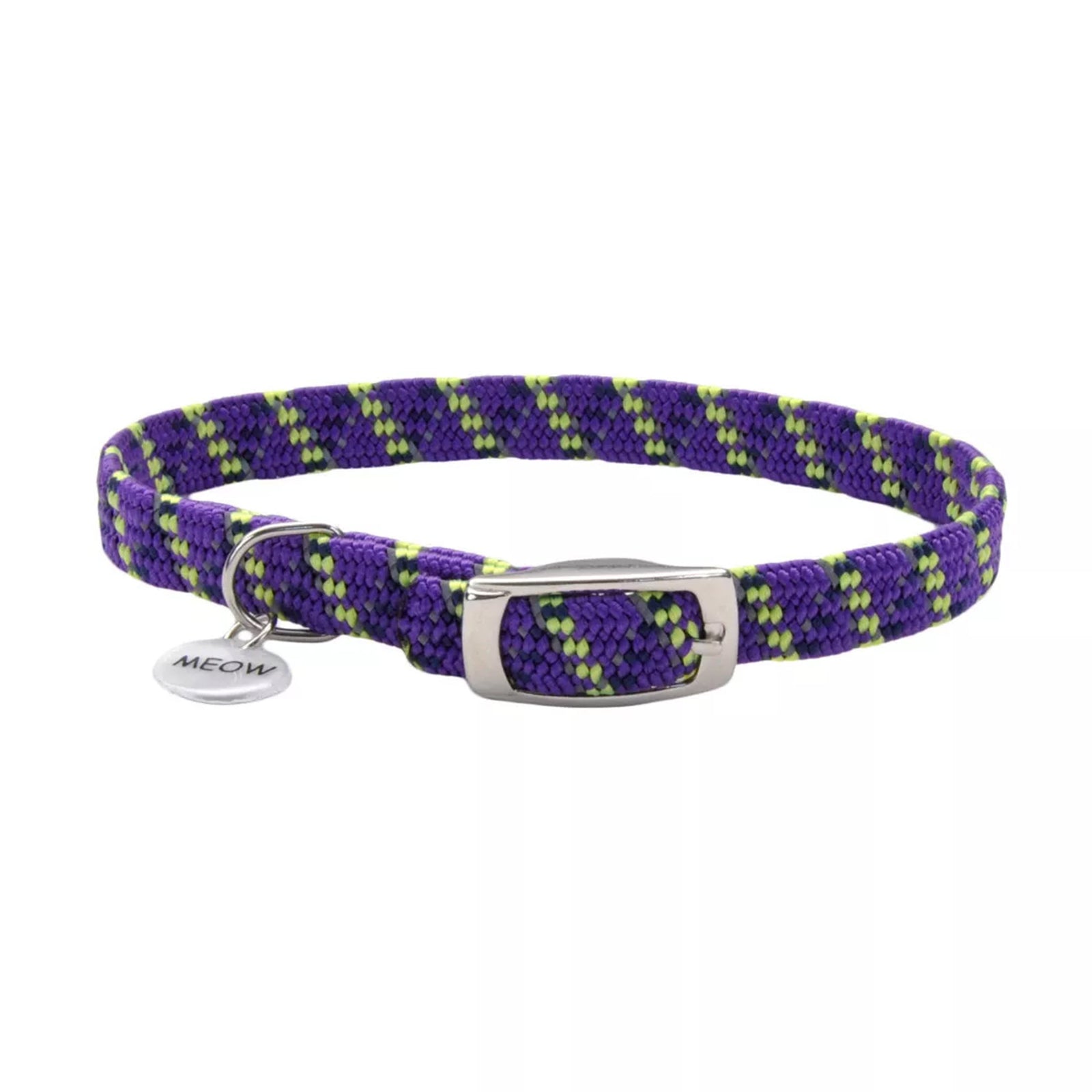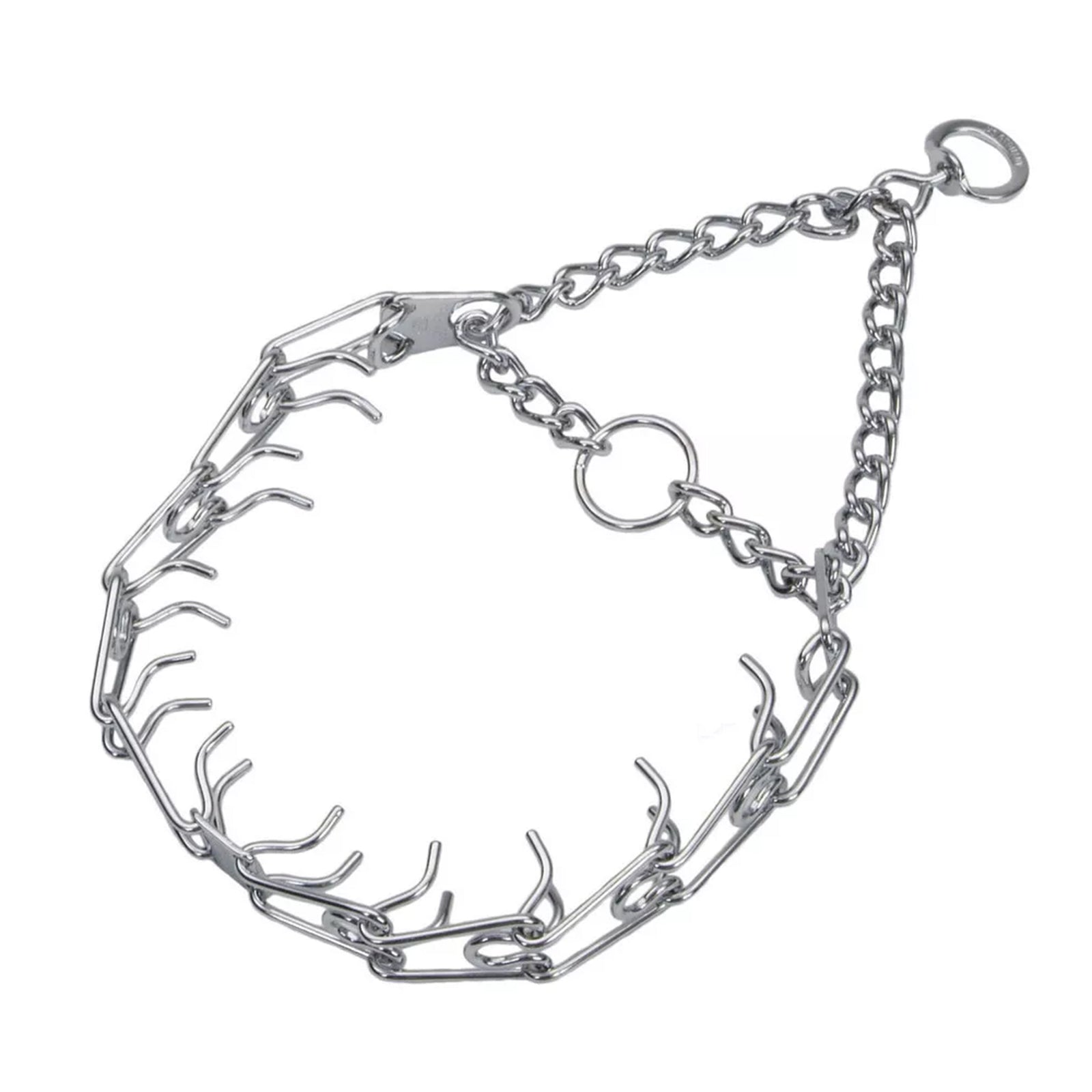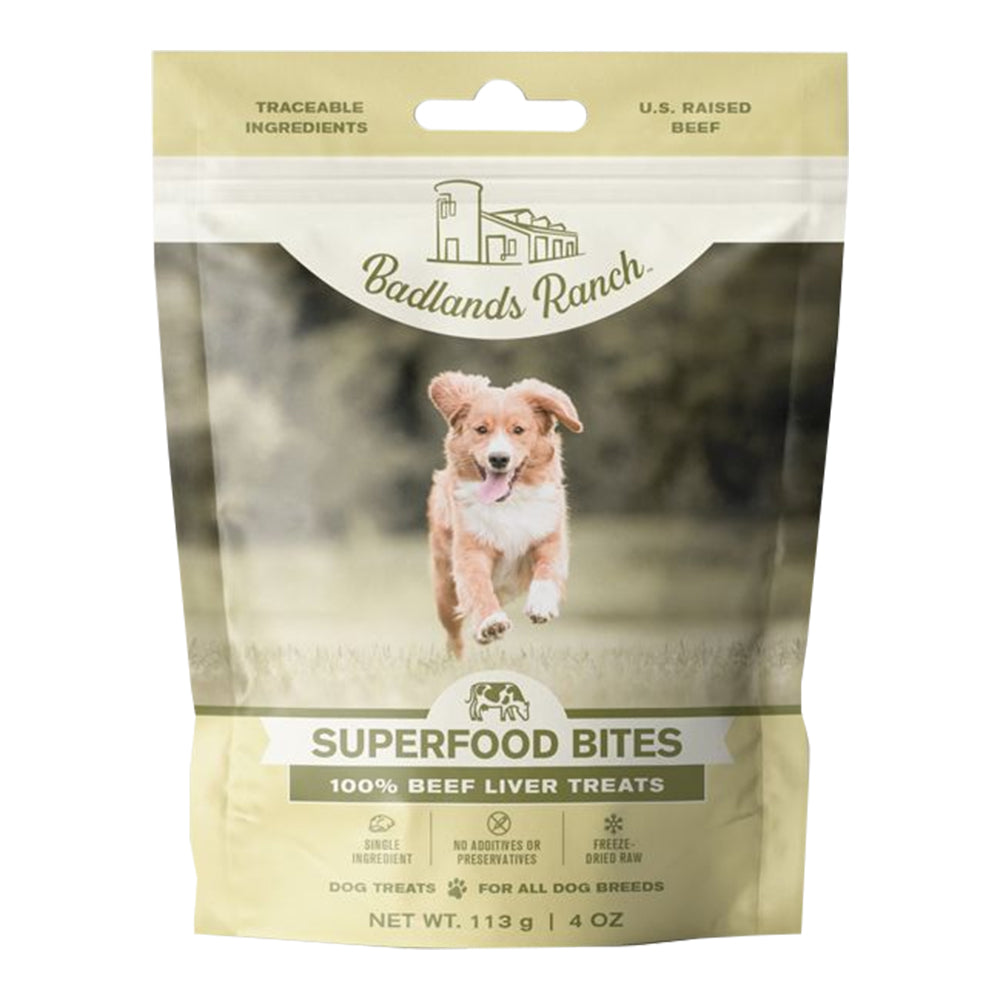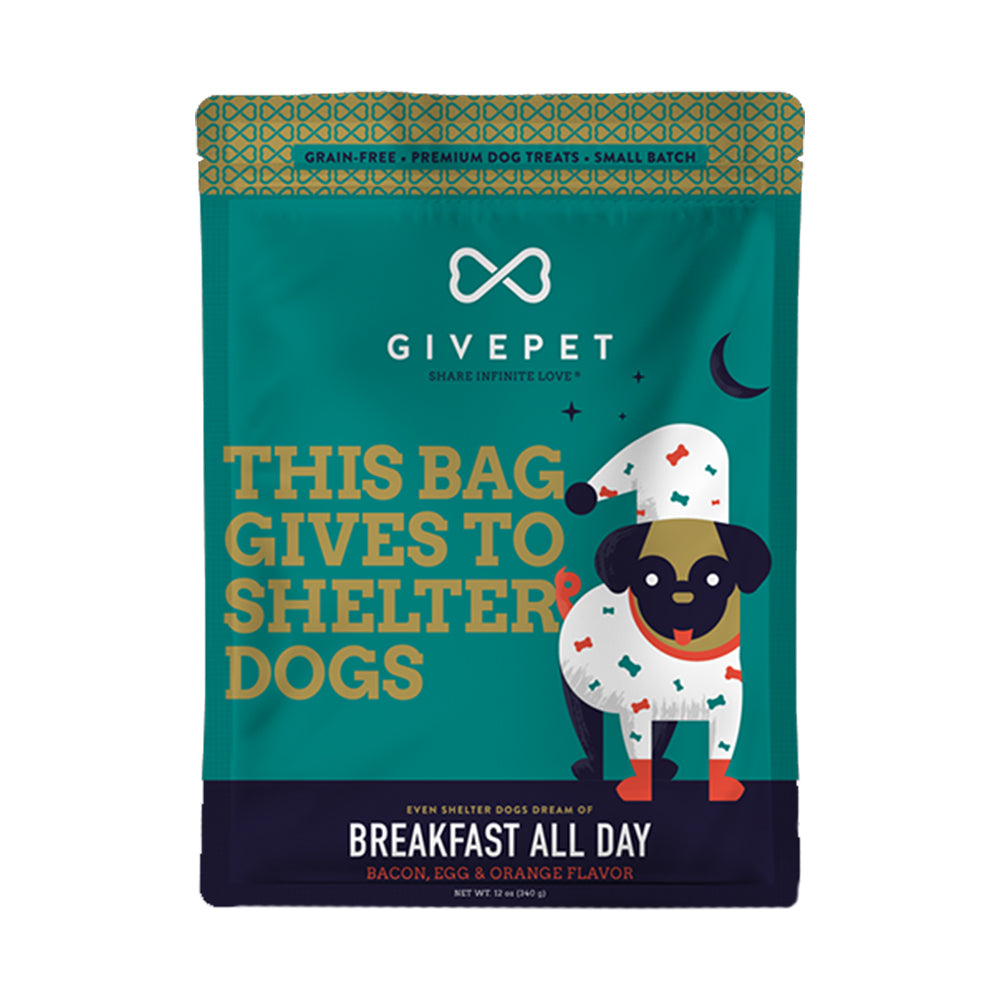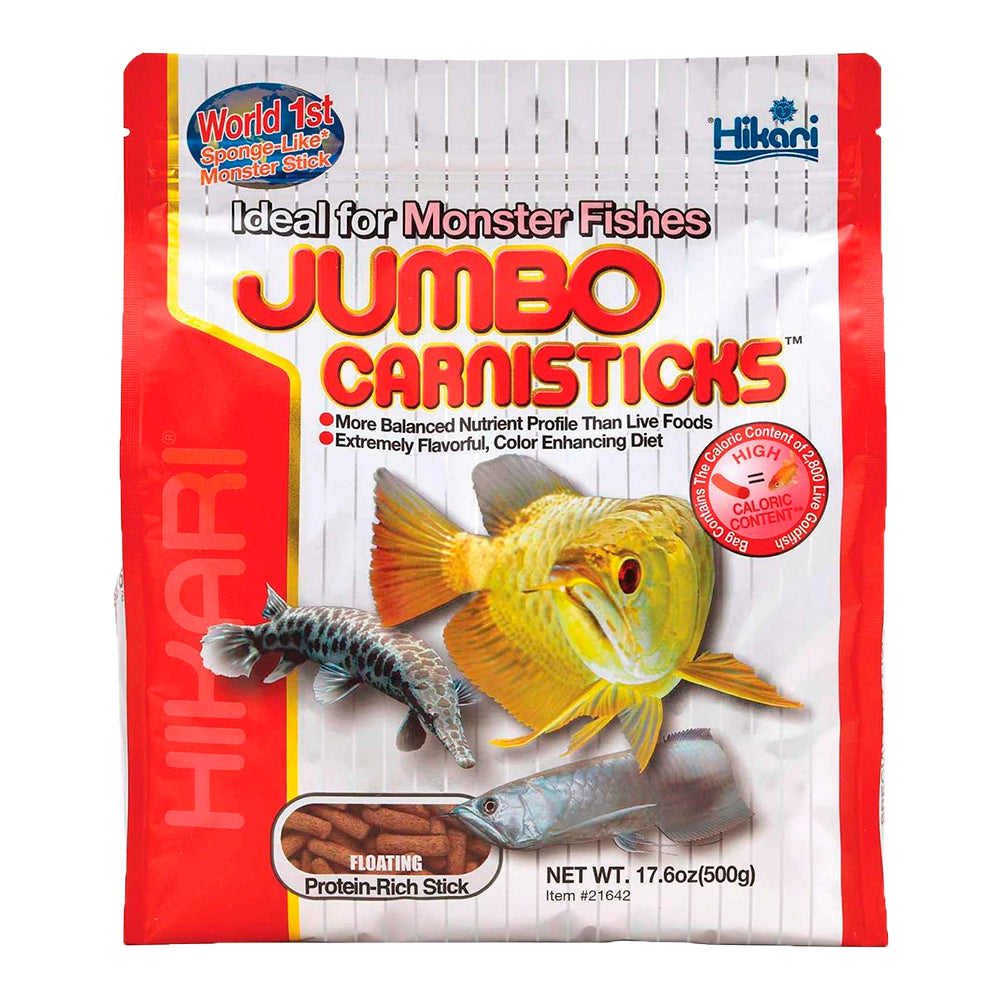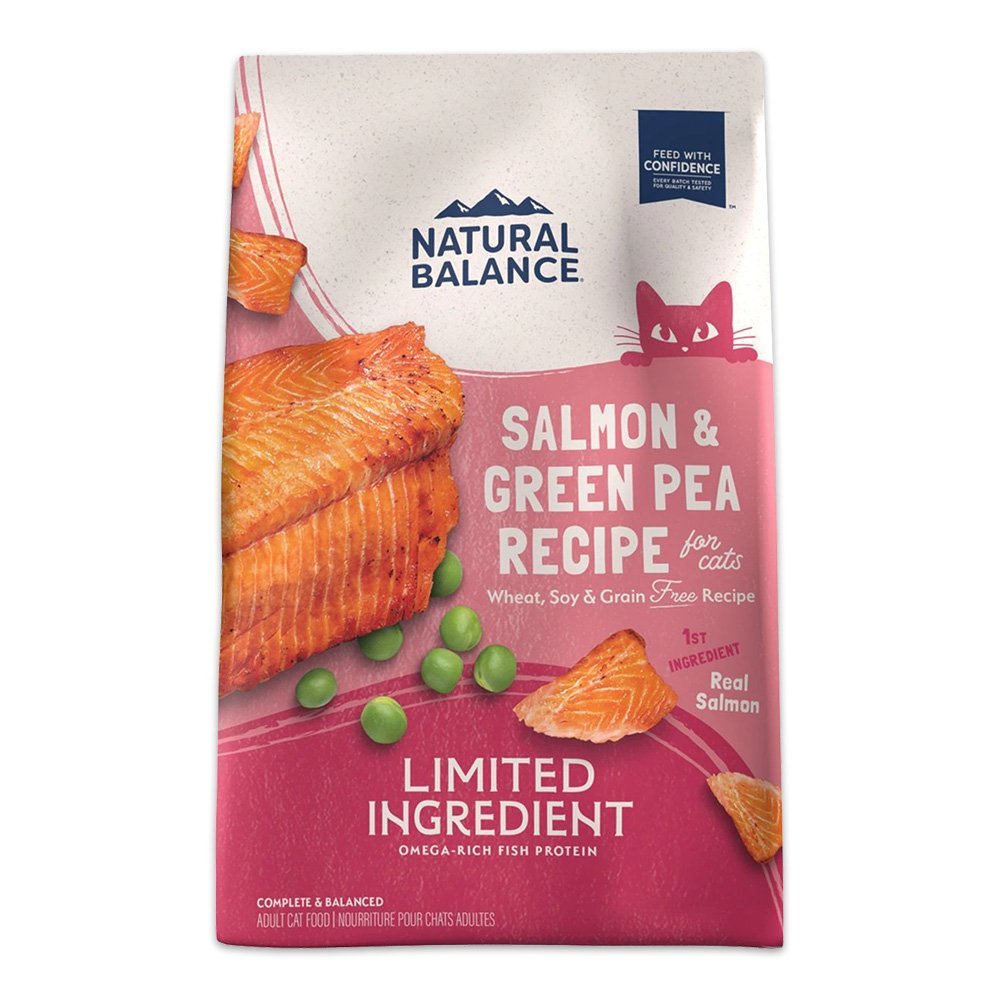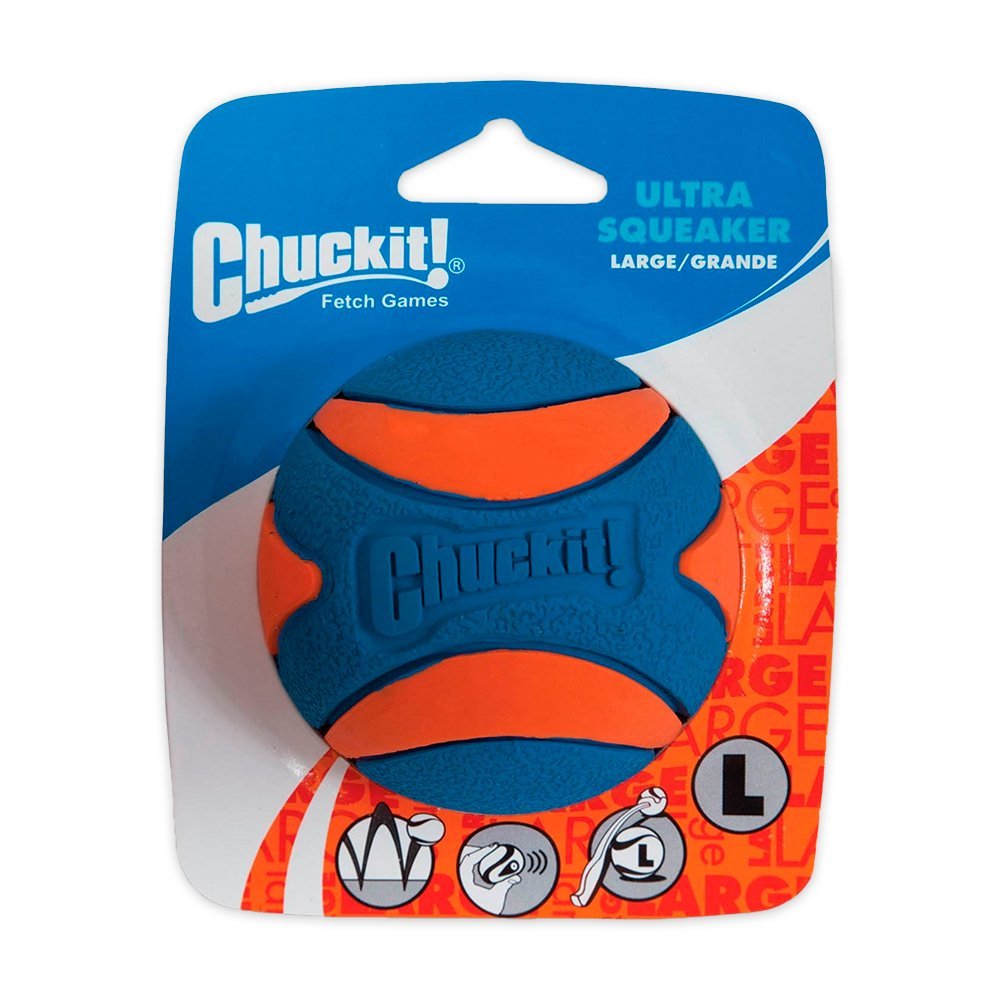- Benefits of dry dog food include long shelf life, dental health support, balanced nutrition, and affordability.
- Choose a dog food brand with quality ingredients, no fillers, and AAFCO certification for safe, healthy dog food.
- Feeding needs vary—know how much dry dog food to feed based on your dog’s age, weight, and activity level.
When we welcome the cute furry friend in our lives, we want to give the best of all things. And when it comes to nourishing our furry friends, the most popular item and choice is dry dog food. There are tons of benefits of dry dog food. It is also known as kibble and is offered as a convenient and widely chosen option by pet owners.
There are many other pet care options in dry dog food; it has both advantages and disadvantages. In this blog, we will delve into the pros and cons of dry dog food, which will help you decide to choose the best dry dog food for your furry companion.
Proven Benefits of Dry Dog Food
We all are aware of the pros and cons of dry dog food. But it is a fact that there are more pros of dry dog food. Here is the list of significant pros of Dry dog food. Read more on Wet vs Dry Dog Food.
1. Convenience and Shelf Life
One of the major advantages of dry dog food is that it has a long shelf life, and that's why it is more convenient for pet owners. The dry dog food doesn't require refrigeration storage, making it easy to serve and store for pets. This is the most practical food choice for pet owners with busy lives and those who don't have access to fresh food on an everyday basis.
2. Dental Health
There are many benefits of dry dog food for dogs, and one of the main pros is dental health. The dry dog food is designed in a way to keep dental health in mind. Is dry dog food better for teeth? Yes, because the mechanical action of chewing on the kibble helps to remove tartar and plaque, which contributes to better oral hygiene. These kibbles are formulated to reduce the risk of dental problems in your pets.
3. Balanced Nutrition
The primary benefits of dry dog food is its completely balanced nutrition. The reputable dry dog food is available for dogs of all ages and sizes. It contains a mix of carbohydrates, vitamins, and minerals to meet the proper dietary needs of your pets. Many formulas are tailored for senior dogs, puppies, and adult dogs. Please choose the proper dry dog food that meets your dog's tailored needs and gives them adequate health.
4. Cost Effective
Healthy dry dog foods are conveniently beneficial and cost-effective in pricing. There are many budget-friendly options suitable for your pets and within your budget. This makes it an appealing choice for pet owners looking for affordable dry dog food with essential nutrients on a proper budget.
5. Less Mess
Dry dog food is relatively easy to clean and handle than wet dog food. Because there are no messy cans or bowls of wet food to deal with pet owners, these healthy dry dog foods make the mealtime cleaner and more hassle-free experience for the pets.
Disadvantages of Dry Dog Food
There are many pros and cons of dry dog food. It helps you understand the advantages and disadvantages of dry dog food. So you can make a clear choice for your pets.
1. Lower Moisture Content
One of the main drawbacks of dry dog food is its low moisture content. It is often mixing wet and dry dog food to balance the moisture content. Because dogs need a certain amount of moisture in their diet to maintain good health and provide sufficient hydration, it can also lead to urinary tract issues, especially in dogs that don't drink enough water.
2. Ingredient Quality
The quality of ingredients in dry dog food can vary widely. Many budget brands may use fillers and artificial additives. Always choose a good dog food brand like IAMS with wholesome ingredients to ensure your dog gets full nutrition.
3. Allergies and Sensitivities
Many dogs have sensitivities and allergies to certain ingredients that are easily found in dry dog food. For example, wheat, soy, or artificial additives. In such conditions, there is a mixing of wet and dry dog food, which helps dogs with allergies.
4. Less Digestibility in Dogs
One major cons of dry dog food is less digestibility in dogs. There are many dogs who have appetite issues from dry dog food, which may lead to digestive problems like gas, diarrhea, or bloating in some dogs. So, it is advised to choose a product that can be easily digestible for your dogs and give them healthy well-being.
5. Processing and Nutrient Loss
The processing involved in making kibble leads to the loss of some significant nutrients and enzymes in the ingredients. At the same time, many brands may have compensated for this by adding additional synthetic nutrients for dogs. Many dogs may still get benefits from a diet that includes fresh ingredients.
When Dry Food Might NOT Be Best
While the benefits of dry dog food are many, there are cases where it may not be the right choice:
-
Dogs with dental issues who cannot chew hard kibble. You can try wet dog food options such as CANIDAE PURE Grain-Free Limited Ingredient Canned Dog Food Lamb, Turkey & Chicken flavor that acts as a nutritious and delicious meal.
-
Senior dogs with reduced jaw strength.
-
Breeds prone to bloat, such as German Shepherds and Great Danes.
-
Dogs with chronic dehydration or urinary tract problems.
This helps highlight important dry dog food disadvantages you should consider before making a choice.
Identifying High-Quality Dry Dog Food
Not all kibble is equal. Look for these premium indicators:
-
First ingredient is a named meat (e.g., chicken, salmon), not a by-product. Natural Balance Pet Foods Gentle Balance Dry Dog Food Chicken is a top dog food made with real chicken and easily digestible ingredients.
- No fillers such as corn, wheat, or soy in the first 5 ingredients.
On the Kwik Pets website, several dry dog food options are available without fillers, particularly in their grain-free section. Some examples include:

AvoDerm Natural Advanced Sensitive Support Duck Formula Adult Dry Dog Food 4-lb
-
CANIDAE PURE Grain-Free Limited Ingredient Canned Dog Food (Lamb, Turkey & Chicken)
> AAFCO certification ensures the food meets basic nutrition standards.
> Clear manufacturing location details for safety and transparency.

CANIDAE PURE Grain-Free Limited Ingredient Canned Dog Food Lamb, Turkey & Chicken 13-oz
Budget vs Premium Comparison Table
|
Feature |
Budget Brand |
Premium Brand |
|
First Ingredient |
Corn, wheat, or by-product |
Named meat (chicken, lamb, salmon) |
|
Additives |
Artificial flavors, preservatives |
Natural preservatives, fewer additives |
|
Certification |
May lack AAFCO statement |
AAFCO certified for complete nutrition |
|
Transparency |
Limited info on sourcing |
Clear sourcing and country of origin |
|
Price |
Lower cost |
Higher but offers better nutrition |
Dry Food Feeding Guidelines by Life Stage
One common question is: how much dry dog food to feed? The answer depends on age, weight, and activity level.
-
Puppies (8 weeks-1 year): 3–4 meals daily for steady growth.
-
Adult dogs (1-7 years): 2 meals daily for maintenance.
-
Senior dogs (7+ years): 2 smaller meals daily to reduce strain.
-
By Weight: Portion sizes are usually mentioned on the packaging, but always adjust for activity level. Active breeds need more, while less active dogs need less to avoid obesity.
Read more: How to Care for Your Dog Every Day: Nutrition, Grooming, Exercise, and More
Conclusion
There are many benefits of dry dog food, like balanced nutrition, convenience, dental health, cost-effectiveness, and cleanliness. Yet, it has drawbacks, but it's up to you to make an informed decision about purchasing and offering the dry dog food to your furry partner





